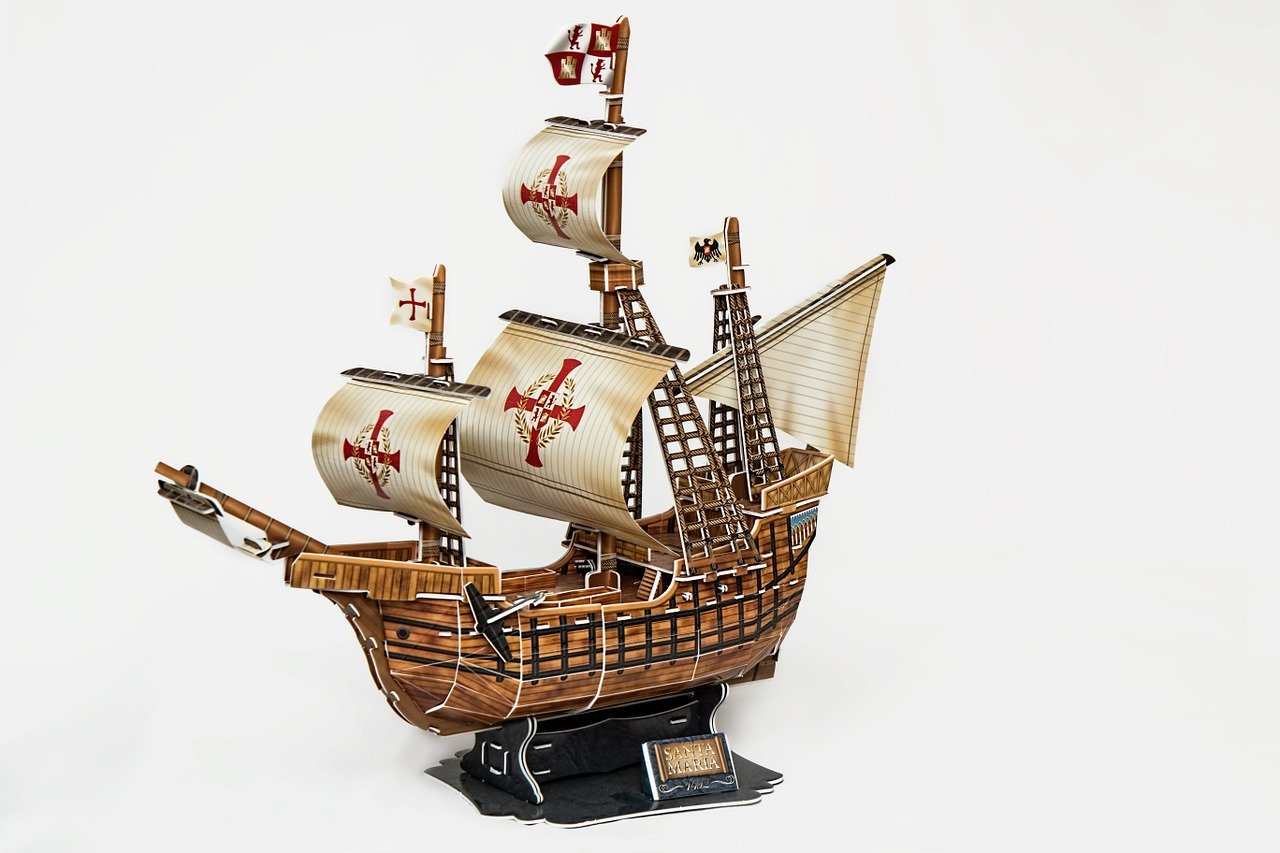
Universal history is made up of the main events that developed from the appearance of Homo sapiens to the present day.
Universal history is a notion associated with those events that took place in the human context from the emergence of Homo sapiens to the present day. Universal history, therefore, is made up of a successive string of inventions and discoveries, with certain revolutionary moments that accelerate the evolution of humanity.
Before moving forward, it is interesting that we establish the etymological origin of the concept. Thus, the first thing we can determine is that it is made up of two words that come from ancient languages. Specifically, the word history emanates from Greek and more precisely from the word oida which can be translated as "I know." In turn, that would lead to others such as oistor , which is synonymous with "wise" . The second part of the term in question is universal, which has its etymological origin in Latin, in the concept universalis which is equivalent to "relative to the universe" .
The concept of history refers to the past . The term is also used to name the social science that studies past times and the stage that begins with the emergence of writing . Universal , on the other hand, is that linked to the universe . The totality of created things and what is common to all in the same species is known as universal.
Periods of universal history
It is possible to divide universal history into four periods: Antiquity (between 3,000 BC and the 6th century), the Middle Ages (between the 6th century and the 15th century), the Modern Age (between the 15th century and the French Revolution , in 1789) and the Contemporary Age (from 1789 to the present).
In this last stage the Enlightenment takes on special prominence. A cultural and intellectual current that, in addition to characterizing a specific historical era called the Age of Enlightenment , stood out for the fact that what was attempted with it was to bet on human reason in order to combat and end superstitions. the ignorance and tyranny of political leaders. A way, therefore, to achieve a better quality of life for the citizen, a better world.
But in this fourth stage into which universal history is divided, the Industrial Revolution also plays a very important role. It originated in Great Britain , which would later spread throughout the rest of Europe and which meant that within the economy the axes were industry and manufacturing. However, it is also characterized by having represented an authentic revolution on a social or political level.

The arrival of Christopher Columbus to the American continent is one of the great events in world history.
Great civilizations and events
Universal history recognizes several great civilizations of antiquity , such as ancient China , ancient Egypt , the peoples of Mesopotamia and the ancient Peru , the Phoenicians , the Greeks , the Persians and the Romans , among others.
The trips of Christopher Columbus to America (1492) and Vasco de Gama to India (1498) supposed a great advance for humanity and a new historical era from the development of imperialism and colonialism .
In the last two centuries, World War I and World War II , the process known as globalization and the implementation of capitalism worldwide marked universal history.
